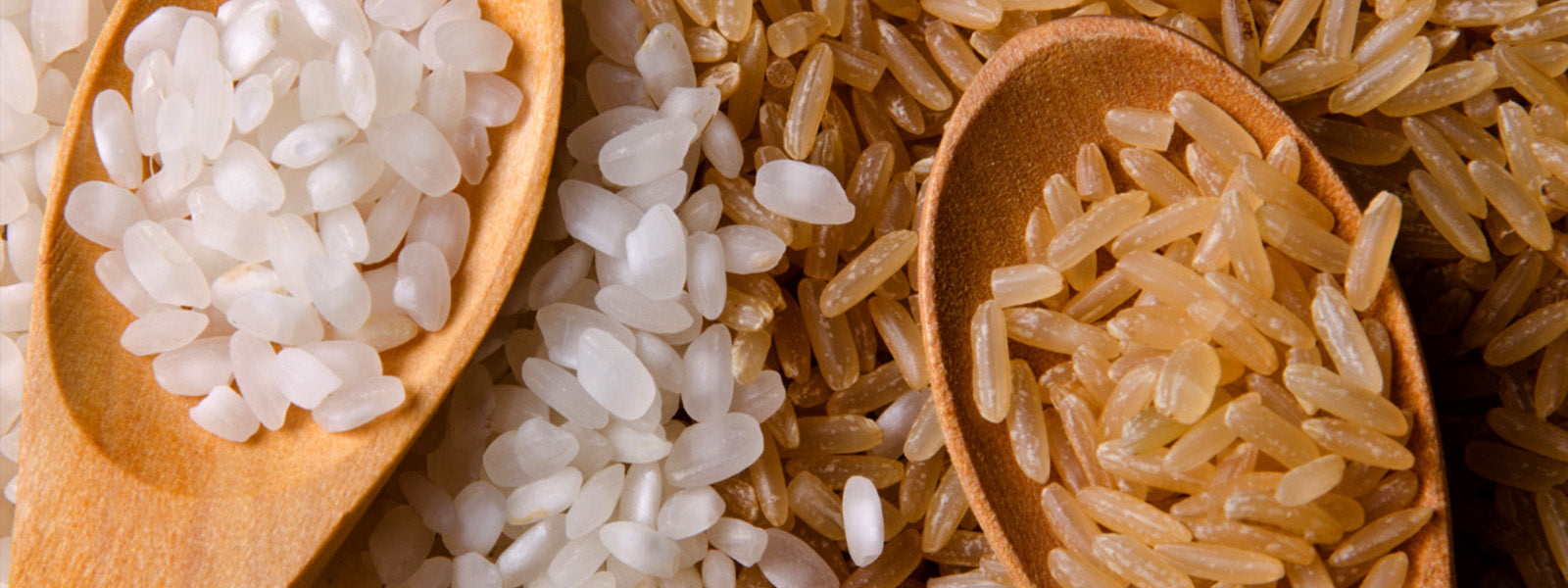India is proudly known for its incredible assortment of herbs and spices that have powerful medicinal and healing properties, and are extensively used all over the country. One of these amazing herbs, Tulsi, has been an important part of traditional remedies for thousands of years.
Interestingly, this Indian herb doesn't need to be introduced. Tulsi, also known as Holy Basil, has been a part of our lives for a long time, both as a religious symbol and as a powerful medicine.
From Ayurveda to Unani to modern medicine, Tulsi and its extracts have been used as an active ingredient in medicines to heal and boost immunity. You might be surprised to learn that there are different kinds of Tulsi that are not only good for your immune system but also help you lose weight naturally.
Table of Contents
Green Tulsi (Holy Basil)
It is one of the most common types of Tulsi, which is also called Holy Basil and is thought to be one of the most common houseplants. People believe that if you plant Tulsi and worship it, it will bring your family wealth and happiness. Aside from that, Tulsi is an important part of our heritage because it is added to prasad, tea, kadha, and other tasty foods. Holy Basils come in different kinds.
Rama tulsi (ocimum sanctum)
Krishna tulsi (ocimum tenuiflorum)
Vana tulsi (ocimum gratissum)
Rama Tulsi
Rama Tulsi, which is also called Sri Tulasi, has healing properties. This Tulsi has a slightly sweeter taste and a pleasant smell. This kind of Tulsi grows all over the country, and it is used for both religious and medical purposes.
Krishna or Shyama Tulsi
Purple Leaf Tulsi, which is also called Krishna Tulsi, has leaves with a unique colour and a crisp feel. But this type of Tulsi has been used to treat throat infections, breathing problems, nasal lesions, earaches, and skin diseases.
Vana Tulsi
Vana Tulsi, also called Wild Tulsi, is usually grown in the Himalayas. It has a strong smell that helps boost the immune system. Besides that, it also helps improve both mental and physical endurance. Also, this type of Tulsi can help keep you from getting old.
Kapoor Tulsi
Kapoor Tulsi has a lot of health benefits, and its sweet smell can keep insects and mosquitoes away. Aside from that, this type of Tulsi has been used to treat diseases that could kill people.
How does Tulsi help with weight loss?
Adding Tulsi to your daily diet can speed up your metabolism, which makes it easier for your body to absorb nutrients that are good for your metabolism and immune system. Tulsi can boost your metabolism and help you burn calories. Holy basil also has few calories and gives your immune system a much-needed boost.
How to include Tulsi in your everyday diet?
- You can chew on three or four new tulsi leaves.
- With a teaspoon of honey, you can also make ginger, tulsi, and clove tea.
- (Both tulsi and honey have healing properties that help you lose weight and speed up your metabolism.)
Easy Tulsi drink to help you lose weight:
- To make this drink, put 5 or 6 Tulsi leaves in a cup of warm water and let them steep or boil. Take one tablespoon of honey with this water.
- You can also make a detox drink with 3 whole black peppercorns, 6 tulsi leaves, 1/2 inch of grated raw turmeric, and 1/2 inch of ginger extracts. This mixture should be boiled with 1 1/2 cups of water, strained, and then drunk twice a day. This won't just help you lose weight, but it will also speed up the process.
Health benefits of Tulsi:
- A natural way to boost your immune system: Tulsi is full of Vitamin C and zinc. So, it boosts your immune system naturally and keeps infections away. It protects us from a wide range of infections because it kills bacteria, viruses, and fungi. Tulsi leaf extract boosts the immune system by making T helper cells and natural killer cells work harder.
- Reduces fever (antipyretic) and pain (analgesic): Tulsi has antibacterial and antiviral properties that help fight infections and lower fever. Taking the fresh juice of Tulsi with black pepper powder can cure fevers that come and go. When boiled with powdered cardamom (elaichi) in half a litre of water and then mixed with sugar and milk, Tulsi leaves can also bring down the temperature. Eugenol, a terpene found in Tulsi that helps relieve pain, makes the body less achy.
- Reduces colds, coughs, and other respiratory problems. Tulsi contains camphene, cineole, and eugenol, which help reduce colds and chest congestion.When Tulsi leaf juice is mixed with honey and ginger, it helps with bronchitis, asthma, flu, cough, and cold.
- It lowers stress and blood pressure. Ocimumosides A and B, which are found in tulsi, help to do this. These chemicals make you feel less stressed and keep the brain chemicals serotonin and dopamine in balance. Tulsi is good for reducing inflammation and blood pressure because it has anti-inflammatory properties.
- It can help fight cancer. The phytochemicals in Tulsi are powerful antioxidants. So, they help keep us from getting cancers of the skin, liver, mouth, and lungs.
- Good for heart health: Tulsi has a big effect on treating and preventing heart diseases by lowering the amount of fat in the blood, stopping ischemia and strokes, lowering blood pressure, and also because it has more antioxidants than other herbs.
Which tulsi is best for growing at home?
You can grow either the Rama Tulsi or the Shyama Tulsi at home. Both the Rama and Shyama Tulsi plants are known to be good for your health. Vastu Shastra says that the green Tulsi plant, also known as holy basil, is the easiest Tulsi plant to find and is good. In India, there are many different kinds of the Tulsi plant.
Shri Tulsi is a Tulsi with green leaves. It is also called "bright Tulsi," "Rama Tulsi," and "fortune Tulsi." Rama Tulsi, or Ocimum sanctum, is used in religious ceremonies and is known for being a powerful medicine. This kind of Tulsi has leaves that taste sweeter than other kinds of Tulsi.
Shyama Tulsi is a type with dark green/purple leaves and a purple stem. It is also called "dark Tulsi" or "Krishna Tulsi." It is connected to Lord Krishna because its purple colour looks like Lord Krishna's dark skin. Shyama Tulsi (Ocimum tenuiflorum) is a type of Tulsi that has different healing properties. For example, it can help treat throat infections, skin problems, earaches, nasal lesions, and breathing problems.













Leave a comment